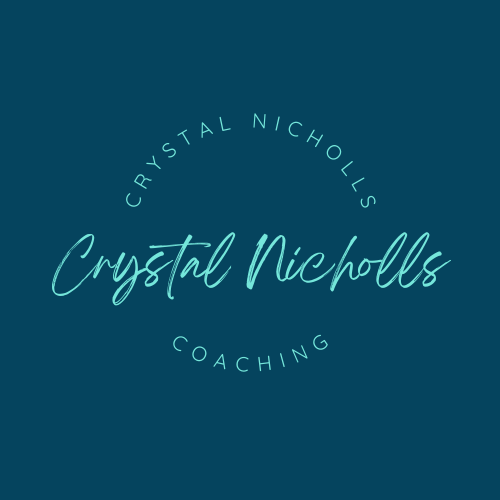How to Get the Most Out of Recovery
Our training and performance schedules can lead to muscle soreness, injury and fatigue, if we don’t give our bodies the things they need to recover.
So how can we make the most of our recovery, so that we can honour our bodies while achieving our goals?
Protein and Amino Acids
Collagen Protein
Research shows that taking hydrolyzed collagen reduces joint pain after exercise and boosts the density of your cartilage, increasing flexibility in the joints.
Other studies show that collagen helps improve sore knees and back, and can even support strong bones.
How to get more collagen in your diet
Egg yolk, pork, chicken skins, salmon, bone broth, and non-muscle meats like tendon, oxtail and knuckle are all great sources of collagen.
You can also get collagen in the form of protein powder supplements. I use Bulletproof’s collagen protein powder. It is easy to mix in shakes, teas and other drinks to heal your muscles after a performance or rehearsal.
Whey Protein
Whey protein is digested rapidly in the body, which means it works quickly to heal your muscles after strenuous activity. It also helps your liver to produce glutathione, which is an antioxidant.
Whey protein is dried and sold in powder forms, and can easily be added to shakes and smoothies.
This study highlights the importance of whey protein over other forms like soy, in athletes’ recovery and training.
Consume Anti-inflammatory foods
Inflammation slows down your recovery, so loading up on anti-inflammatory foods after a work out is a great way to aid recovery.
You can find these in omega-rich foods like wild caught salmon, fish oil supplements, grass-fed beef, chia seeds, flax seeds and walnuts.
Eat fibre-rich Fruit and Veg
As high-performers, we tend to get hyper focused on the role of protein in recovery.
But don’t forget that we need the vitamins, minerals and fibre in fruit and vegetables for optimal functioning and recovery!
Hydration
Hydration is super important for performance and recovery. One reason for this is because your cells use the hydrogen from water to make ATP, which is the unit of energy your cells use to power your body.
Water also combats inflammation by flushing out toxins, free radicals and normal byproducts from bodily processes.
Though the general rule is to drink half of your body weight in ounces of water a day, be mindful that during strenuous exercise, you lose water through sweat, so it is necessary to drink more than the standard recommendation to stay hydrated.
Be aware that hydration isn’t just about drinking water.
Electrolytes
Electrolytes are an important part of hydration.
They dissolve in water and give your bodies the ability to conduct electricity.
Water on its own doesn’t do this. Only when you add electrolytes to water can they hold a charge.
Many of our cells run on electricity, which is why we need plenty of electrolytes dissolved in water so that cells can communicate with each other.
Electrolytes include sodium, chloride, potassium, calcium and magnesium.
To replenish your electrolytes after a long rehearsal or performance, make sure to fill up on fruits, vegetables, beans, nuts and seeds.
Sleep
Last but certainly not least is sleep!
Your muscles don’t grow while you’re moving, they grow while you sleep, allowing your muscles to get stronger and recover.
Sleep also improves brain function, which is especially important for learning new choreography.
Although you want to make sure to get between 6 to 8 hours of sleep every night for recovery, this study indicates that the quality of sleep matters more than the quantity.
To improve your sleep quality, keep your room dark, cool and quiet, stop scrolling through your phone two hours before bedtime, take an epsom salt bath, and try meditation or deep breathing exercises before bed.






